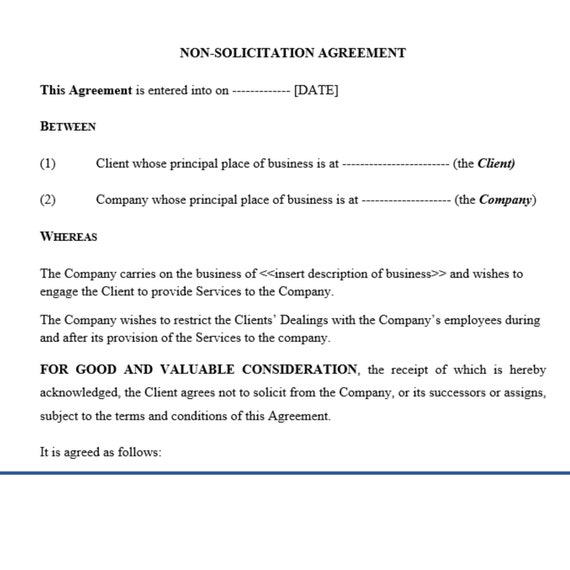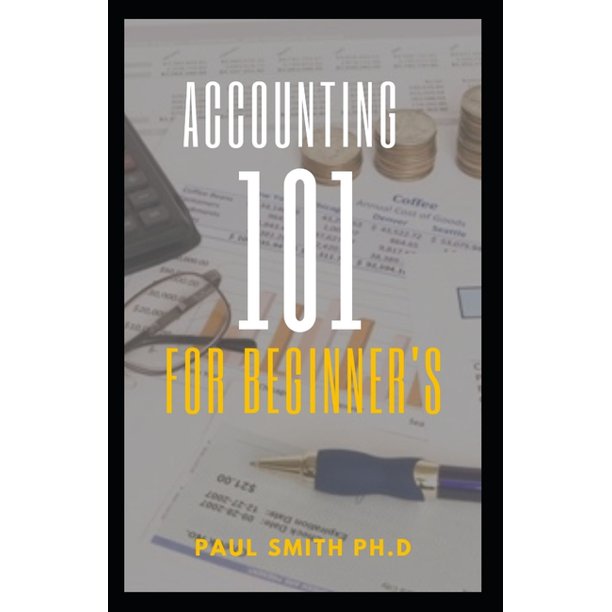
If you are interested in a career as an education consultant, it is worth learning what it takes. There are many important aspects to consider such as education, potential earning potential, and the future outlook. Learn more about this occupation below. Read on to discover what's involved and what the typical salary is for independent educational consultants.
Education requirements for educational advisors
While specific qualifications for an educational consultant can vary depending upon the location and job title of the individual, most hold a master's level degree. The Master of Arts Degree in Education (MAE), provides graduates with a liberal art perspective on education and a solid foundation of teaching and researching. MAE programs enable students to actively learn, apply current teaching methods, and conduct qualitative studies.
An educational consultant usually works in a school, district or other education program, acting as an advisor and consultant. Their duties include reviewing curriculum, evaluating data, providing advice to educators and school staff, as well as providing feedback. They also assist communities in providing professional development. Educational consultants who are successful have extensive knowledge in their field and a passion to help others.

Average salary for independent educational consultant
Independent educational consultants usually charge lower rates. They charge less than $140 per hour. They can help families find colleges or review college admission essays. They can also advise students on scholarships and financial aid. Independent educational consultants typically work in private practice, and can set their own rates. Rates vary depending on what service they provide.
Consultants are usually independent and market their services in schools and other organizations. You can either pay an hourly rate, or a fixed fee for your services. Some consultants excel at sales and marketing while others struggle.
Earnings potential
An educational consultant can be described as a person who is highly skilled in teaching and school management. These consultants often work with schools and colleges to improve the educational services for children. They can help with curriculum development and design campus architecture, as well as coaching teachers and developing their leadership skills. Many educational consultants offer their services to companies as well, helping them to improve educational programs.
First, learn everything you can about the educational industry to be a successful educator consultant. The most important challenges faced by the field must be researched. You should look for reliable sources to provide information about these issues.

Educational consultants: Career prospects
In the coming years, educational consultants will continue to be in high demand. According to BLS data, educational consultants will see a 6% increase in employment between 2018 and 2028. But, this growth will be dependent on the state and local budgets. As schools and districts are held accountable for test scores and graduation rates, they will increasingly seek out education consultants who can provide advice on curriculum and technology. While the job outlook for educational consultants is not necessarily bright, the field is expected to grow at a faster rate than the average occupation.
Educational consultants must be knowledgeable about classroom experiences and research-based methods. He or she should also have exceptional communication skills to be able to communicate with all levels of school staff.
FAQ
What does it mean to be a consultant?
Consultants provide services for others. It's not just a job title; it's a role where you help others achieve what they want from life. Helping others to understand their options, and then helping them make the best decisions.
Consultants are skilled at solving problems and overcoming challenges that can arise during projects. They can provide guidance and advice on how to implement the solutions.
Consulting should be able address questions related to law, finance and technology.
What can I expect from my consultant?
You should hear back from your chosen consultant within a few days. They will ask you for information about your business, including the mission, goals, products, and budget. After that, they will send you a proposal detailing the scope of work, expected time frame, fees and deliverables.
If all goes well, the parties will then negotiate a written agreement. The type relationship between the two sides (e.g. employee-employer or independent contractor-employer) will dictate the terms of the contract.
If everything goes smoothly, the consultant can begin work immediately. The consultant will have full access to your files and resources. You'll also have access to their skills and knowledge.
But don't assume that anyone who is a consultant has all the answers. It takes practice and hard work to become an expert in the field you are consulting. You shouldn't expect your consultant will know everything you need to know about your business.
How did modern consulting come to be?
The first consultants were accountants who helped companies manage their finances. Their skills in managing financial information led to them being called "accounting consultant". They soon expanded their roles into other areas like human resources management.
The term "consultant" came from the French word for "to advise." It was used by businessmen to describe someone who could offer advice on how to run an organization. In fact, most business owners today still use the word consultant when referring to any kind of professional advisor.
Can anyone be a Consultant?
A consultant is someone that helps you achieve your goal. They can offer advice on how to do it better, faster and cheaper.
You may need a consultant to help you with problems, make decisions or negotiate with others.
Consultants can be hired to assist with specific tasks or projects.
Consultants are often paid per hour or daily rather than per project.
What skills are required for consulting?
As a consultant, you should have both strong interpersonal skills and analytical skills. This is essential because you will be working on projects that you don't know the details of. You must learn how to manage people and solve problems quickly.
Communication skills are essential. Clients expect a response within 24 hours. If they don’t hear from you within 24 hours, they assume you don’t care. It is crucial that you keep them up to date and make sure they know what's happening.
How long does a consultant take?
Depending on your industry and background, the time required will vary. Most people start their career with only a few months to find work.
However, consultants can spend many years learning before they are able to find work.
How much should a consultant charge?
It all depends upon what you offer. If you are offering services for free, it is not worth charging anything. You must charge for services or products if you want to sell them.
If you are providing low-quality services, then you don't have anything to sell. You are not worth anything, so why should anyone pay you anything.
You might be able ask for a more expensive price if your services are of high quality. People recognize the value in you offering. It is possible to offer discounts to clients who order multiple packages.
Statistics
- "From there, I told them my rates were going up 25%, this is the new hourly rate, and every single one of them said 'done, fine.' (nerdwallet.com)
- Over 62% of consultants were dissatisfied with their former jobs before starting their consulting business. (consultingsuccess.com)
- WHY choose me: Why your ideal client should choose you (ex: 10 years of experience and 6-week program has helped over 20 clients boost their sales by an average of 33% in 6 months). (consultingsuccess.com)
- My 10 years of experience and 6-step program have helped over 20 clients boost their sales by an average of 33% in 6 months. (consultingsuccess.com)
- So, if you help your clients increase their sales by 33%, then use a word like “revolution” instead of “increase.” (consultingsuccess.com)
External Links
How To
How to start a consulting company and what should I do first?
It's a great way for you to make money online by starting a consulting company. You don't need any previous business experience or investment capital. To start your own consulting business, you can build a site. Once you have a website built, you can start using social media platforms such Instagram and Pinterest to spread the word about you services.
You can use these tools to put together a plan for marketing that includes:
-
Create content (blogs).
-
Building relationships (contacts).
-
Generating leads (lead generation forms)
-
Selling products online
Once your marketing strategy is developed, you need to find clients willing and able to pay for your services. Some people prefer to go through networking groups and events, while others prefer to use online methods such as Craigslist, Kijiji, etc. You have the freedom to choose.
Once you have a new client, you need to discuss terms. You can discuss hourly rates, retainer agreements, flat fees, and other options. Before you accept a client, you need to know what you expect so that you can communicate clearly all through the process.
Hourly agreements are the most commonly used contract type for consultancy service. This contract allows you to pay a fixed amount each week or month for certain services. Depending on the type of service you are offering, you may be able to negotiate a discount depending on the length of the contract. Before you sign a contract, ensure you understand everything.
Next, you will need to create invoices that you can send to your clients. Invoicing can be a complicated task until you actually attempt it. There are many different ways to invoice your clients, depending on your preferences. Some people prefer to email their invoices directly, while others prefer to mail them hard copies. No matter which method you choose to use, it is important that it works for you.
After you've finished creating invoices, you'll want to collect payments. Most people prefer PayPal because it is easy to use and offers various payment options. Other payment processors such as Square Cash. Google Wallet. Apple Pay. Venmo.
Once you are ready for payments to begin, you will need to open bank accounts. You can track income and expenses separately by having separate savings and checking accounts. It is also a good idea to set up automatic transfers into your bank account for paying bills.
Although it can seem daunting when you first start a business as a consultant, once you get the hang of it, it will become second nature. This blog post will provide more information about starting your own consultancy business.
A consulting business is a great way of making extra money without worrying about your employees. Many consultants work remotely. This means that they don’t have to deal in office politics or work long hours. Because you don't have to work a set number of hours per week, you can be more flexible than a traditional employee.